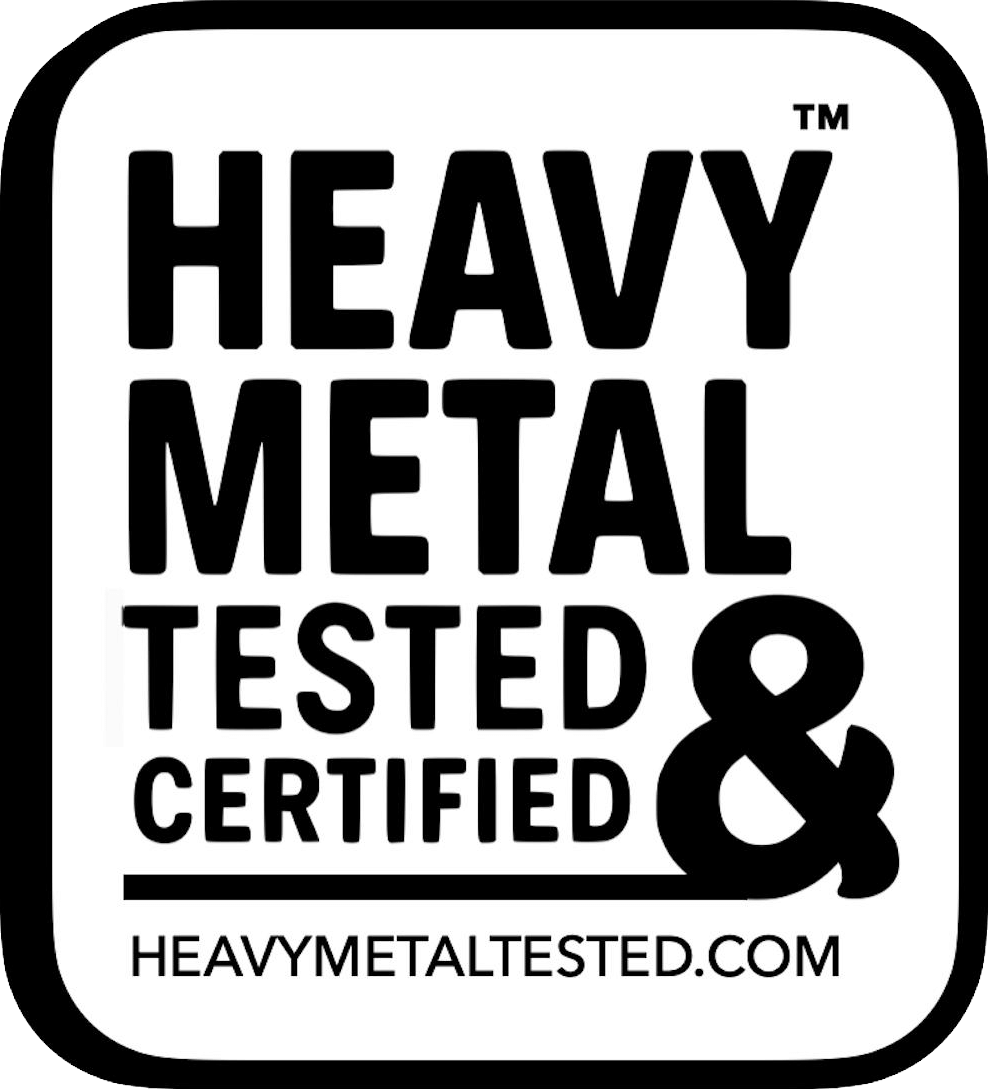What was studied?
The study “Monetizing the Impact of Food Safety Recalls on the Low-Moisture Food Industry” rigorously analyzed the financial consequences of class I food safety recalls in the low-moisture food sector. Using the focus keyphrase “economic impact of food safety recalls,” the researchers sought to quantify how such recalls affect the market value of publicly traded food companies, specifically those producing low-moisture foods like snacks, nuts, grains, and spices. Their methodology involved calculating cumulative abnormal returns (CAR) in stock prices over 20 days following recall announcements, then translating these percentage changes into real monetary losses in corporate value. This approach enabled the researchers to directly measure the economic impact of food safety events, providing actionable data that bridges the gap between regulatory requirements for pathogen control (such as those under the Food Safety Modernization Act) and the business rationale for investing in improved food safety technologies.
Who was studied?
The study focused on 22 class I recall events involving 15 publicly traded companies in the United States’ low-moisture food industry over ten years. These companies were selected based on specific criteria: they manufactured low-moisture food products, experienced recalls due to confirmed or possible contamination by Salmonella, Escherichia coli, or Listeria monocytogenes, and their shares were actively traded on U.S. markets such as the New York Stock Exchange or NASDAQ. Companies undergoing significant market events, such as mergers or bankruptcies around the time of the recall, were excluded to avoid confounding influences on stock price data. The sample encompassed a range of company sizes, with prerecall market capitalizations varying from $120 million to over $184 billion, and included cases both with and without associated foodborne illnesses.
Most important findings
| Critical Points | Details |
|---|---|
| Mean decline in corporate value | Over the 20-day period following a class I recall, the average cumulative abnormal return (CAR) was –5.1%, translating to a mean loss of $1.22 billion, with a median loss of $243 million per event. |
| Recall risk and annualized economic impact | The estimated annual probability of a recall for a publicly held low-moisture food company was about 1.1%. This equated to a median annual recall risk cost of approximately $2.67 million per company. |
| Effect of food safety investments | If a food safety intervention reduced recall risk fivefold, the annualized risk cost would decrease to $534,600, yielding an estimated $2.1 million in annual savings—potentially recouping a $1 million investment in less than a year. |
| Lack of relationship with confounding variables | No statistically significant relationships were found between CAR and company size, value of recalled product, or number of illnesses, suggesting the economic impact is consistent across company types and recall circumstances. |
| Industry underestimation and data limitations | The study likely underestimates total industry losses, as it excludes companies that merged, went bankrupt, or were otherwise untrackable post-recall—cases likely to have suffered even more severe economic outcomes. |
Key implications
This study demonstrates that the economic impact of food safety recalls on low-moisture food manufacturers is substantial and quantifiable through stock value analysis. For the HTMC program, monetizing risk reduction can support business cases for certification and investments in food safety, ultimately aligning regulatory compliance with financial incentives.
Citation
Gomez CB, Marks BP. Monetizing the impact of food safety recalls on the low-moisture food industry. Journal of Food Protection. 2020;83(5):829-835. doi:10.4315/JFP-19-553

